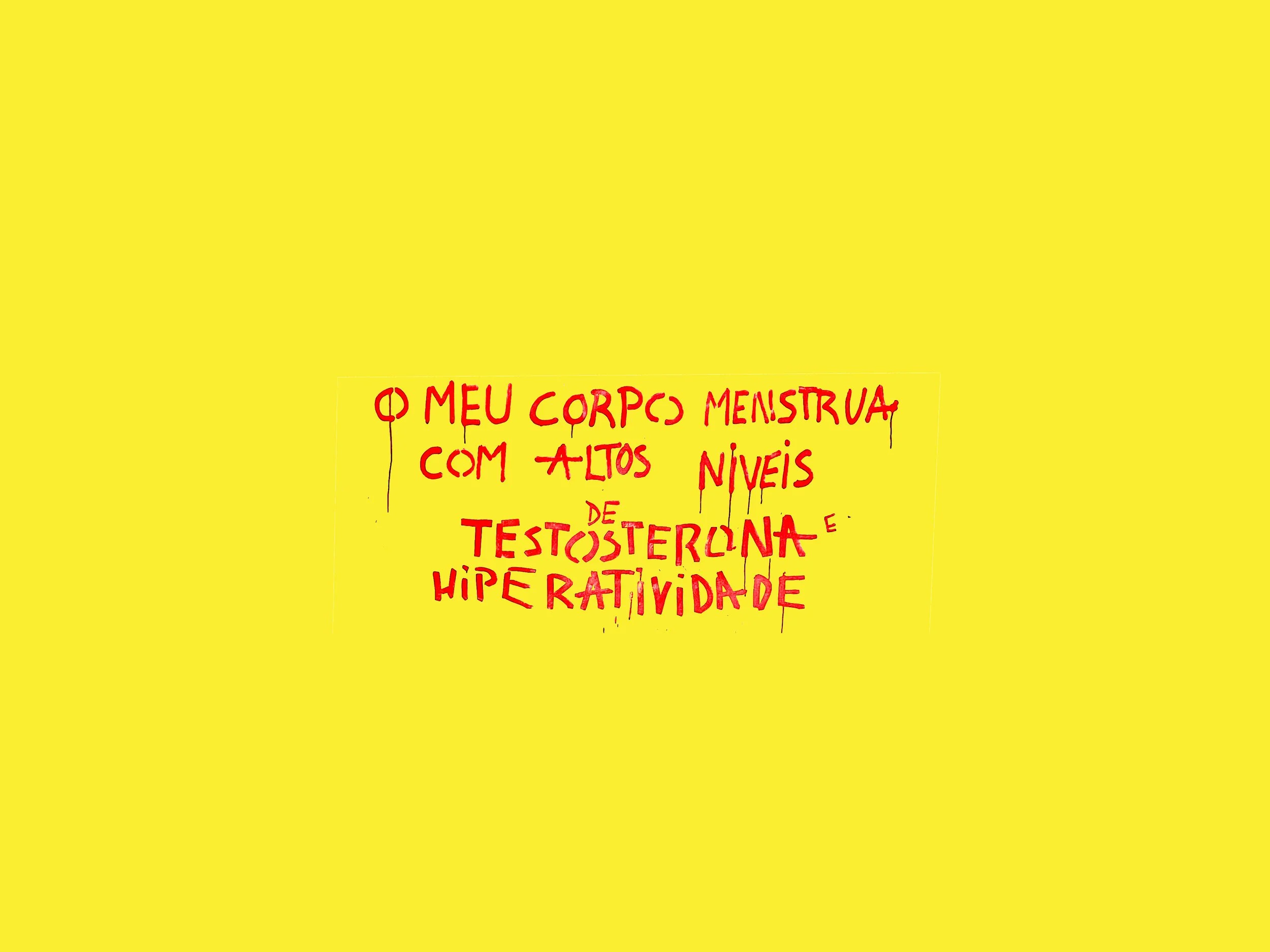Más PopA: Un Tag para Existir. - Expanded cinema, 90 min
cuaba2015@gmail.com
NOTE OF INTENTION
Tags are often dismissed as mere vandalism, with critical acclaim only granted to creators like Banksy, but it is also an accessible art form, enabling underrepresented artists to exist as both immigrants and queer people, in public spaces. My film aims to legitimize tagging as a valuable artistic practice; one that navigates performative actions and employs gender neutral language. Tags are essential in shaping social realities for marginalized groups, because public spaces serve as an accessible canvas for those without the resources needed for traditional artistic practices. By featuring characters who use tags to define themselves as artists and queer, the film demonstrates that graffiti is a tool in gaining recognition for their own unique voice.
I grew up with no positive representation of transgender people, because mainstream narratives often reduce trans experience to stereotypes that base their transition in medical terms perpetuating harmful stereotypes focusing on stories of ‘otherness’, struggle and trauma. This film offers a positive image, one which the audience can relate to, affirming the right to exist authentically with all the complexities of trans experiences. I want to emphasize that a trans identity is a multifaceted reality, and that there is a successful and happy ending to being your true self in public.
I also seek to offer an engaging introduction to graffiti by blending different narrative forms such as essays, interviews, and performance documentation. This combination creates a more authentic mode of storytelling. Beyond that, however, I am interested in exploring the image on a physical plane, where in cinema, the projected images on screen acquire a material presence, activating the audience on another level. The light of the projection physically affects the viewer: when a color dominates, it creates a specific atmosphere, while the absence of an image speaks through its own silence. In my work, I often use text over simple images to draw attention to language itself, which is a crucial element of this film.
Oral and written forms of language play an active role in shaping social reality, especially for those who are not recognized by institutions. For this reason, the dialogues in this film employ newly created words to include identities beyond the binary, making a significant contribution to the development of gender-neutral language in Spanish, Portuguese, and English, and addressing the lack of representation of queer identities.
It is important to highlight that my practice develops through a process of experimentation with my own image, in which I seek the recognition of my identity. On the other hand, as a non-binary artist and person, my body is my first working tool, and therefore the fact that this film begins from an autobiographical element is a natural process. The autobiographical element is presented through intimacy, in the sense that the images are captured by me, in my daily life, with different devices, and the texts arise from personal questions and reflections, where I expose my own creative methodology.
By photographing my body and other bodies throughout the process of creating the tags, on the one hand I am emphasizing the importance of the creative process, something that is usually not valued by the general public, while on the other, I am also interested in studying the representation of transgender and non-binary identities in cinema.
This project is not just about representation; it is a call for cultural transformation that honors graffiti as a space for self-discovery and self-realisation, where all experiences are celebrated and validated.

